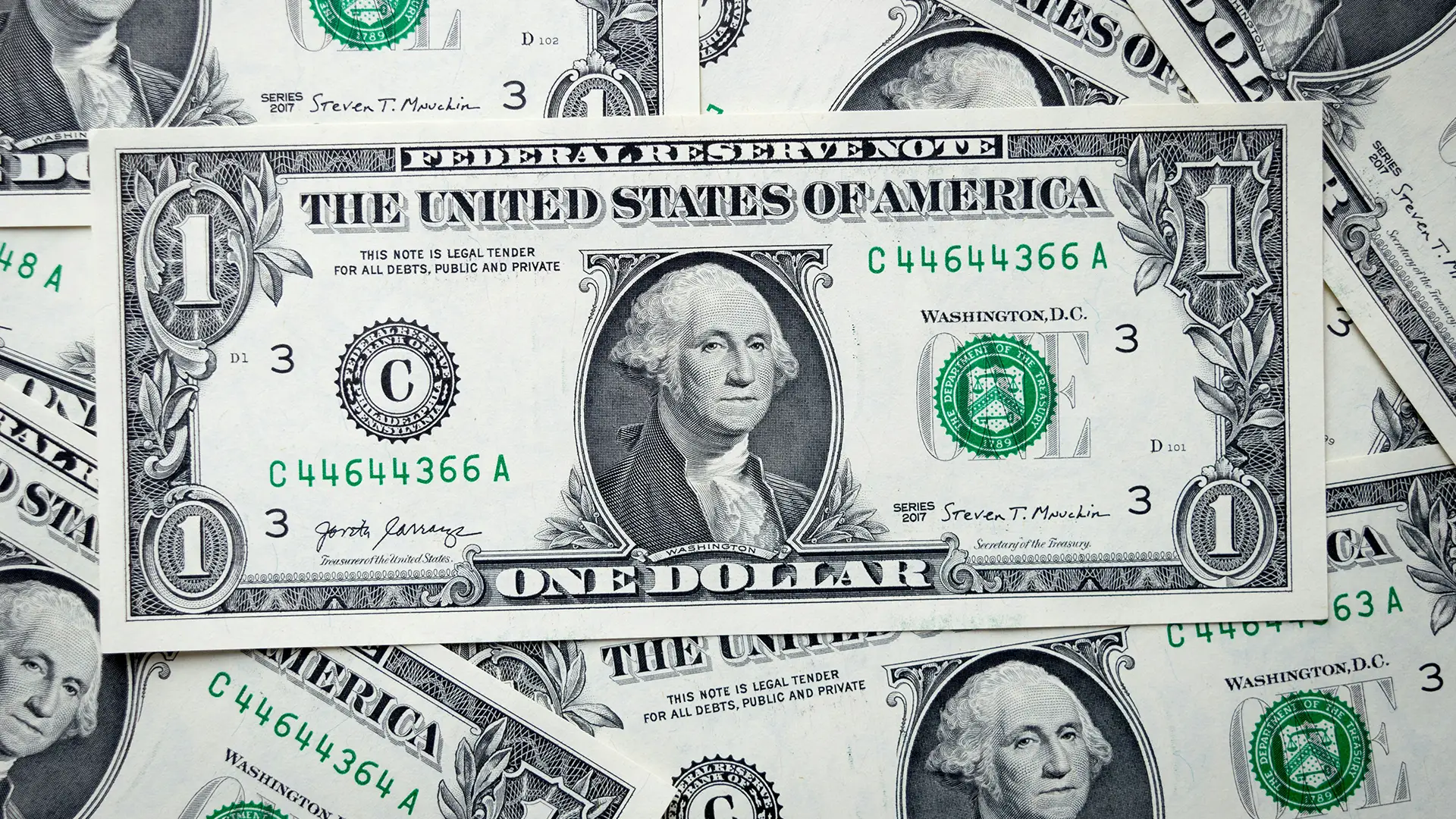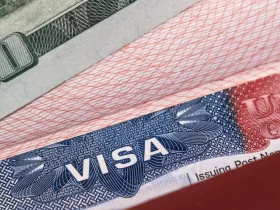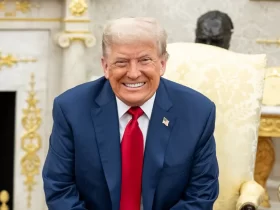Have you heard about de-dollarization? It’s been quite the buzzword lately, and it’s changing the way the world looks at money. So, what exactly is de-dollarization, and why should you care? Let’s break it down together in a friendly, easy-to-understand way.
What is De-Dollarization?
Simply put, de-dollarization is the process of countries around the world reducing their reliance on the US dollar for international trade and finance. For decades, the US dollar has been the king of currencies. It’s been the go-to money for buying oil, trading goods, and even storing wealth. But in 2024, things are shifting.
Countries like China, Russia, and even some in Europe are looking to use their own currencies or other alternatives instead of the dollar. This shift is driven by a mix of political, economic, and strategic reasons.
Why is This Happening?
- Political Tensions: One of the big reasons for de-dollarization is political. Many countries are looking to reduce their dependency on the US, especially given the recent geopolitical tensions. By moving away from the dollar, these nations aim to gain more economic independence and reduce the influence the US has over their economies.
- Economic Strategy: Economically, it’s also about diversification. Just like you wouldn’t want to put all your savings in one stock, countries don’t want to rely too heavily on one currency. Using a mix of currencies can help protect their economies from sudden shifts in the value of the dollar.
- Trade Dynamics: Countries are also striking new trade deals that favor local currencies. For example, China and Russia have been making agreements to trade in their own currencies, reducing their need for dollars.
What Does This Mean for the Dollar?
The US dollar isn’t going to disappear overnight. It’s still incredibly important and widely used. However, its dominance is being challenged. As more countries adopt this de-dollarization strategy, the demand for dollars could decrease. This might lead to fluctuations in its value, impacting everything from exchange rates to global investment flows.

How Does This Affect You?
You might be wondering how this global financial shift affects your daily life. Here are a few ways:
- Travel and Exchange Rates: If you’re traveling abroad, you might notice that your dollars don’t stretch as far in some countries. Exchange rates could become more volatile, meaning you might get more or fewer local currencies for your dollars depending on when and where you travel.
- Investments: If you have investments in international markets, keep an eye on how those markets are reacting to de-dollarization. Diversifying your investments could be a smart move to hedge against any potential volatility.
- Prices of Goods: Since many commodities like oil are priced in dollars, changes in the dollar’s value could affect the prices you pay for gasoline and other goods. If the dollar weakens, imports could become more expensive.
- Economic Stability: On a larger scale, shifts in the dollar’s dominance can affect global economic stability. Countries heavily reliant on the dollar might face challenges, potentially leading to economic uncertainty that can trickle down to affect jobs and businesses.
What’s Next?
The future of de-dollarization is still unfolding. Some experts believe it could lead to a more balanced and multipolar financial system, while others worry about potential instability during the transition. For now, it’s a trend worth watching.
As individuals, staying informed and adaptable is key. Understanding these global shifts can help you make better financial decisions, whether you’re saving for a rainy day, planning a trip, or investing for the future.
So, there you have it! De-dollarization in 2024 is a significant global movement that’s changing the financial landscape. While it might seem like a complex topic, its impact on our everyday lives is very real. Keep an eye on the news, stay savvy with your finances, and you’ll be well-prepared to navigate this evolving economic world.






































Leave a Reply